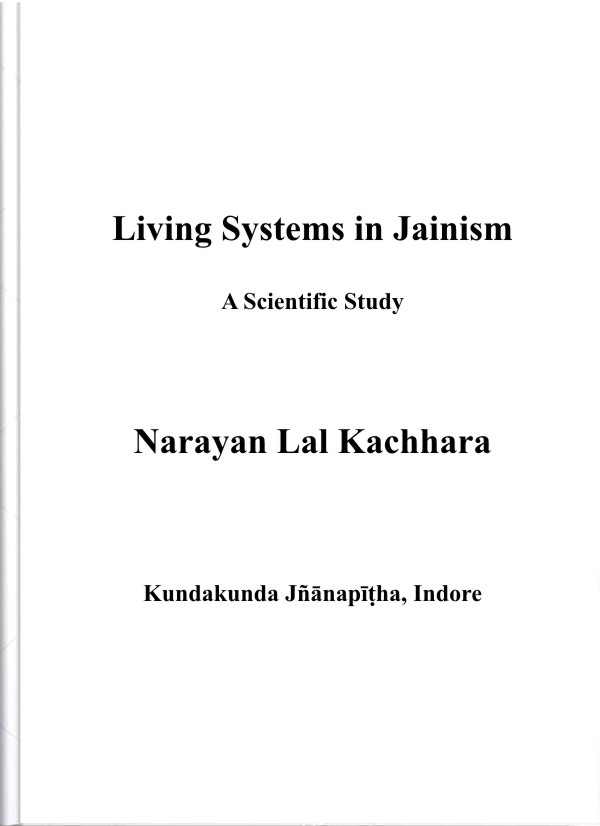In the context of spirituality, which is the main theme of Jain philosophy, darshana is samyaka (right belief or faith) if the soul leans toward spiritual progress and believes in liberation as the highest goal. It is mithya (perverted faith) if the soul is engrossed in worldly pleasures. According to Siddhasena Divakara, darshana in the sense of attitude is to be included in matijnana (empirical knowledge). This is so until the 7th gunasthana (spiritual stage). The ksayopashama (annihilation-cum-subsidence of psychic karma) of matijnana-obscuring karma and the rise of the three degrees of darshanamohaniya (view-deluding) karma create a certain attitude of mind toward worldly objects, which is called samyakadristi (soul with right faith), mithyadristi (soul with perverted faith) or misradristi (soul with a partly enlightened view and partly deluded view), as the case may be. Beyond the 7th gunasthana, the aspirant receives ksayikasamyaktva (right faith), which is beyond the range of matijnana. Though ksayikasamyaktva is possible in the 4th gunasthana also, the existence of other types of faiths is not ruled out.
As far as the cognizer and object are concerned, Jainism does not differentiate between jnana and darshana. Darshana is devoid of judgment; it is closer to awareness without any predication.
Regarding the actual nature of darshana, the Jain scholars hold widely different views:
- Direct cognition is darshana while that obtained through a medium is jnana.
- Darshana apprehends the present only while jnana is related to the past, present, and future.
- Darshana is limited to the perception of mere existence while jnana begins with particularization.
- Darshana represents the viewpoint of universality; jnana, that of particularity.
- Darshana is cognition of particular object without knowing its particularity.
- Darshana is the first two stages of mati, i.e. avagraha (knowing) and iha (speculation). Jnana begins with the third stage, avaya (judgment).
- Darshana is identical to vyanjana avagraha; jnana proceeds from artha avagraha (first apprehension).
- Avagraha is darshana, while subsequent stages of iha, etc. are jnana.
- Darshana apprehends the self only, while jnana is related to external objects.
- Darshana is the first inclination of the soul towards knowing something, preceding the contiguity.
Dhavala, of Digambara tradition, improves upon the last view, that darshana starts with the first inclination of the self to know the object. The main difference between the conventional (or Svetambara) view and Dhavala (Digambara) view can be summed up as follows:
| Conventional View | Dhavala View |
| Jnana is a decisive knowledge of the self as well as the object; darshana is not decisive | Darshana and jnana are both decisive; darshana is related to the self while jnana is related to external objects |
| Darshana is the cognition of generality, while jnana is that of particularity | Darshana and jnana are both cognitions of generality as well as of particularity |
| Both darshana and jnana occur after the contiguity of senses with the object | Darshana is prior to contiguity, which is followed by jnana |
| Both are related to the self as well as to external objects | Darshana is related to the self while jnana is related to external objects |
| Darshana is not pramana (valid knowledge); jnana is both | Darshana is always pramana; jnana is both |
 Dr. N.L. Kachhara
Dr. N.L. Kachhara
